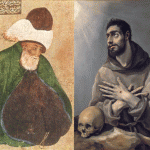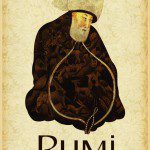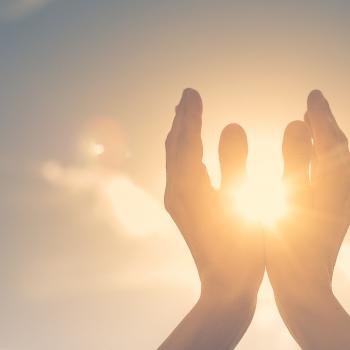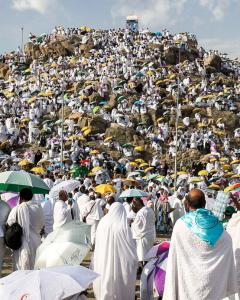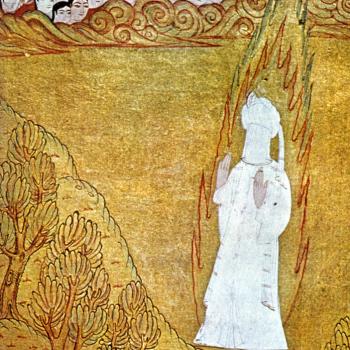In the name of God, the Infinitely Compassionate, the Infinitely Merciful
We sent it (the Quran) down on the Night of Destiny
And what will make you comprehend what the Night of Destiny is?
The Night of Destiny is better than a thousand months
On that night, the angels and the Spirit come down by the permission of their Lord with His decrees for all matters
It is all peace till the break of dawn
(Quran, The Night of Destiny, Surah 97)
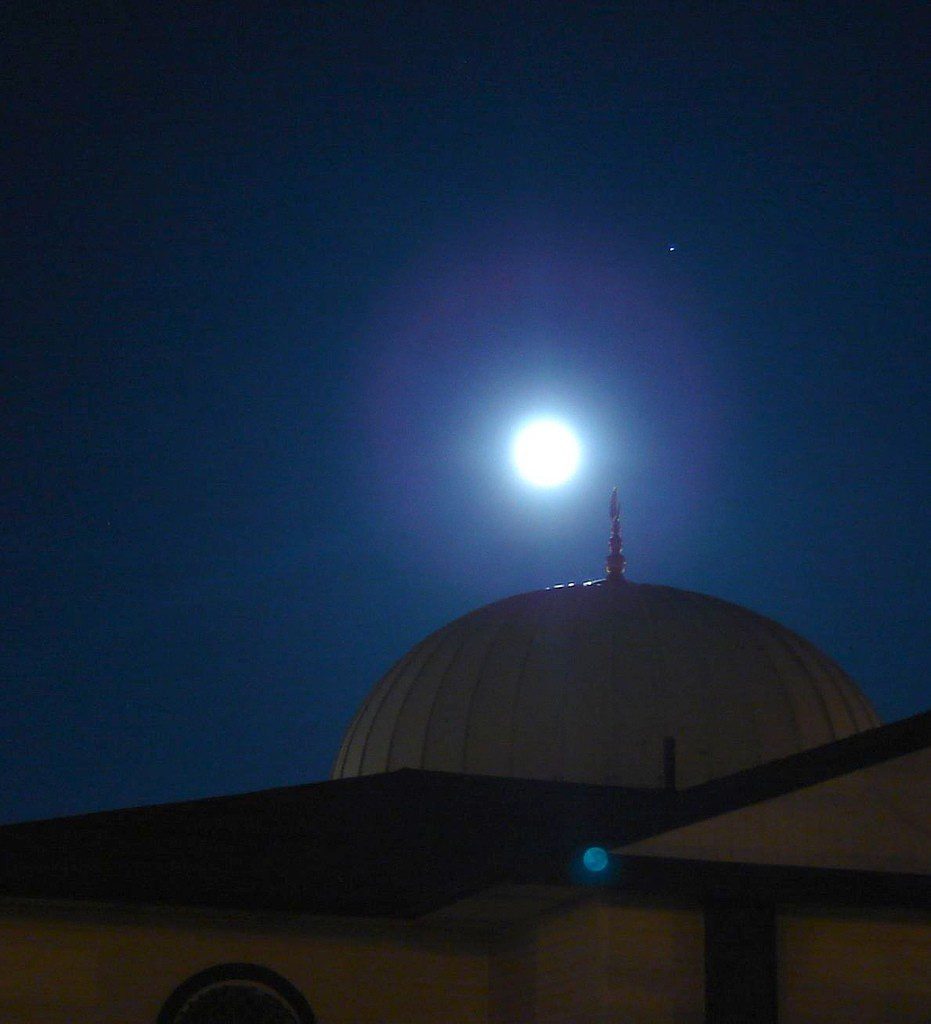
During Ramadan, my perceptions of time somehow become more magnified.
At the onset of the Islamic holy month, the 30 days of fasting that lie ahead look lengthy and daunting, especially now as they coincide with the Summer Solstice and many Muslims in the Northern Hemisphere refrain from food and drink for 18 hours or longer. Yet even as we endure some of longest days of fasting of our lifetimes, Ramadan has once again hurried by and I find myself embarking on the sprint through the final 10 days. As the finish line comes into view, I can’t help but wish that it was further afield to give me more time to extract spiritual benefits from the month.
With little room to scale back my working hours, I rely on evenings and weekends to dedicate more energy to prayer and reflection, Quranic readings, Sufi remembrance and meditation, and the giving of zakat, a redistribution of 2.5 percent of my wealth to the less fortunate. Carving out the hours needed for these acts of worship means I spend less time resting my head on my pillow and more on my prayer mat.
There is something pliable about the passage of time while fasting. Every second and minute tends to become more palpable when I’m craving a 10 a.m. caffeine fix to get me through then next wave of conference calls and news story pitches, only to look up at the clock and realize there’s another 11 hours and 24 minutes until Iftar, the meal to break the fast at sunset.
In this way, my perception of human time is heightened. Yet Ramadan also encourages me to perceive the expanse of eternity. One of the final nights of Ramadan is Laylat Al Qadr, or the Night of Destiny, described in the Quran as being “better than 1,000 months.”
While the 27th night of Ramadan is said to commemorate the historic night when Prophet Muhammad, peace and blessings be upon him, received his first Divine revelation in 610 AD, there’s also the belief that Laylat Al Qadr comes once in a year, most possibly during Ramadan, and most likely during the last ten nights of the month on one of the odd numbered nights.
It can be puzzling to think that a few hours in the tranquil evening stillness could hold such immense power as to encompass 1,000 months, the equivalent of 83.3 years. That’s more than the average human life expectancy in most countries. How could one night of spiritual reflection fathomably be greater than an entire lifetime?
To begin to comprehend this idea, I turn to the Quran, where God appears to call on believers and followers to regard time as relative and flexible rather than linear and constant. For instance, the word for day in Arabic is youm, which I often think of as a 24-hour period. But youm in the Quran refers to eras or epochs of indefinite lengths, rather than a single day measured by the rotation of the earth on its axis. The earth, then, was created in six periods, not necessarily six 24-hour days.
“A Day with your Lord is like a thousand years of your reckoning,” the Holy Book says of how humans will conceive the length of a day when they reach the Hereafter. While our lives in this world may seem extensive to our intellect, when we return to our Creator, we will regard our time here as spanning merely “a day or part of a day.”
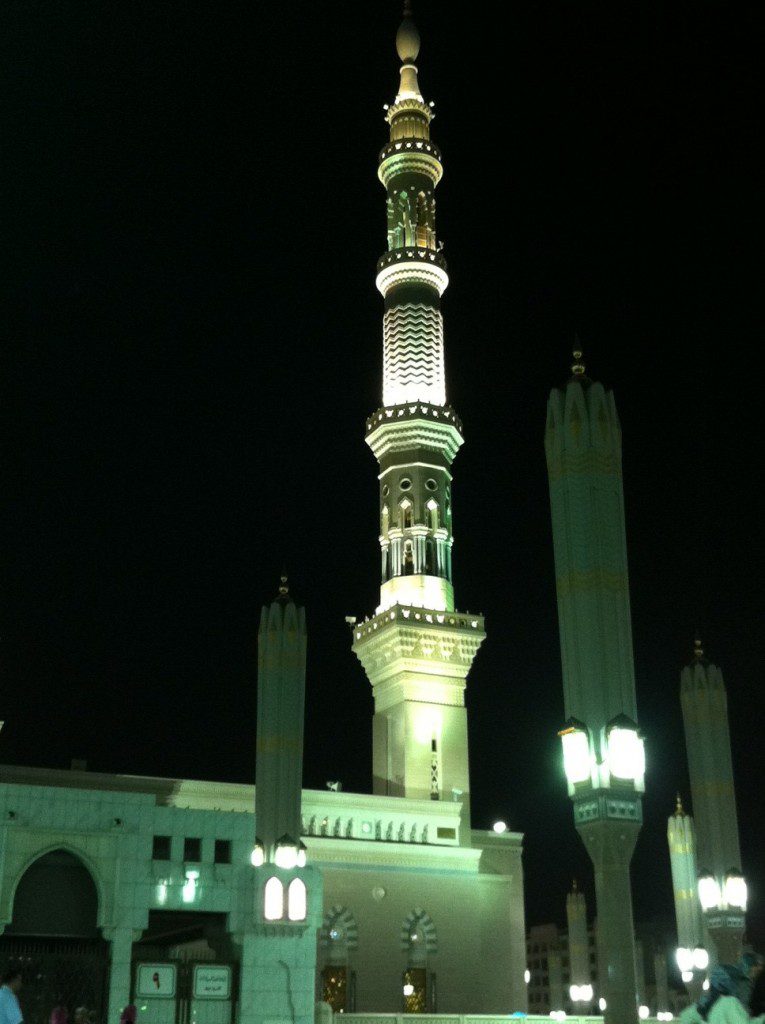
After first reading the Quran six years ago and realizing how transitory this journey of life truly is, my receptivity to God became amplified. I started to dwell less on the daily agitations that once consumed my thoughts, realizing how miniscule they were in the grander scheme of eternity. I’ve sought to be more conscious and attentive of my actions, prioritizing prayers, fasting and charity, while striving to treat those around me with kindness, respect and fairness.
For me, participating in Laylat al Qadr is about attaining a spiritual connection with the Divine that transcends well-ingrained notions of units of time. Many Muslims will spend the night in prayer and quiet reflection, some secluding themselves in mosques for the last 10 days hoping to seek the unparalleled benefit of a night when sincere worshippers are forgiven all sins and angels descend on earth.
In many ways, the first 20 days of Ramadan prepare me to be receptive to this possibility. Fasting forces me to confront my vulnerabilities and attachments to the ego. Pangs of hunger and thirst improve mindfulness; beyond the emptiness of my belly, I seek something within myself that isn’t starved in the same way, something that at other times of the year can get muffled behind consumption and external comforts.
“Fasting is meditation of the body, just as meditation is fasting of the mind,” writes Shaikh Kabir Helminski. “Hunger,” he says, “reduces the need for sleep and increases wakefulness. Eating our fill hardens the heart, while hunger opens the heart and increases detachment from material concerns. We become more free of needs, qualified by God’s name, the Self-Sustaining, Al Qayyum.”
While Prophet Muhammad continued to receive revelations for more than two decades after the momentous first Divine exhortation to “Read,” the beautiful messages contained in the Quran will always trace back to Laylat Al Qadr.
More than 1,400 years later we’re still invited to taste a hint of the sweetness of that momentous evening. For me, seeking to participate in it is a chance to traverse the world’s limitations to where time is incalculable and endless: where a moment of connection with the Divine Reality is so unfathomably rich that it surpasses lifetimes.

